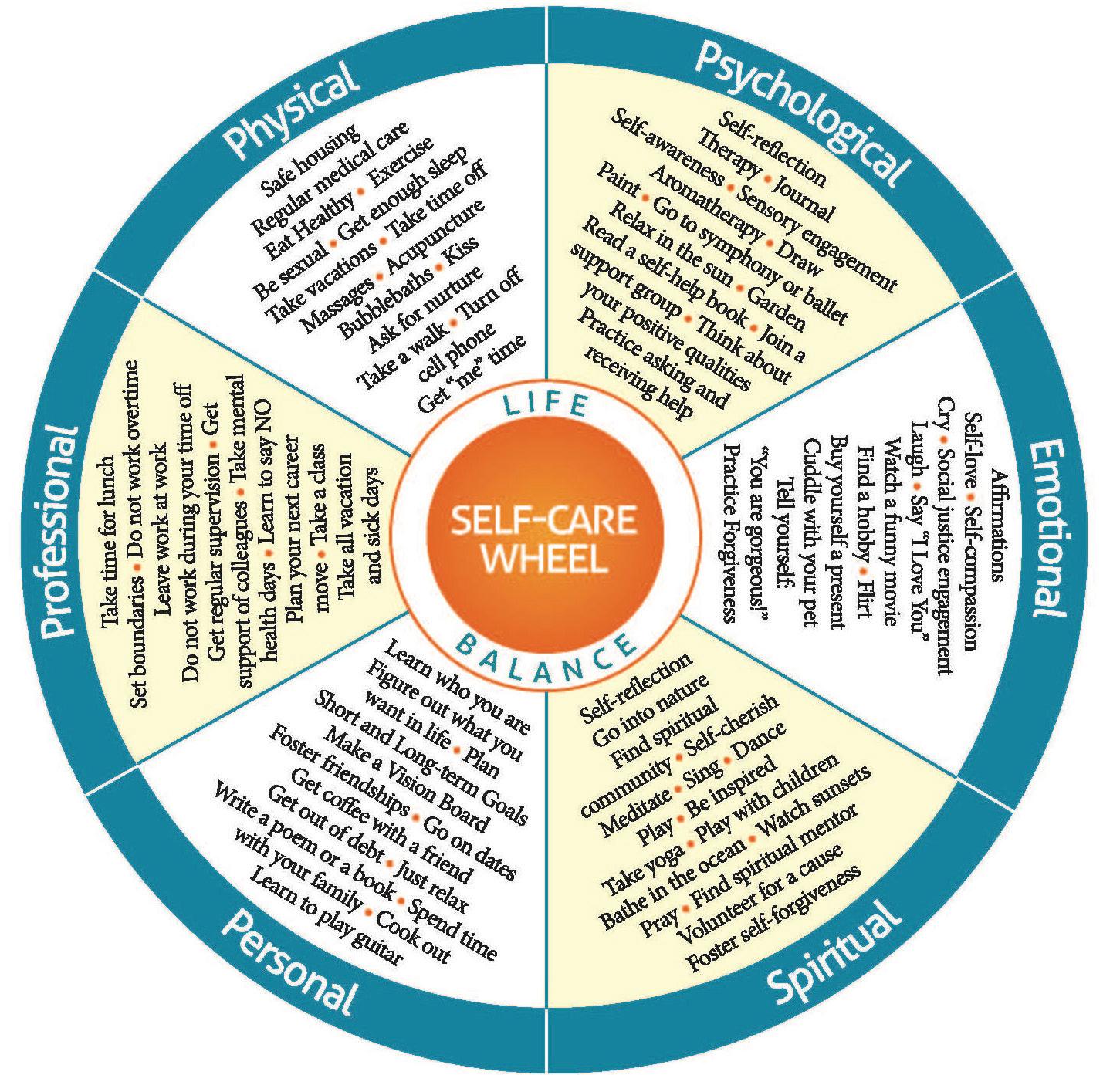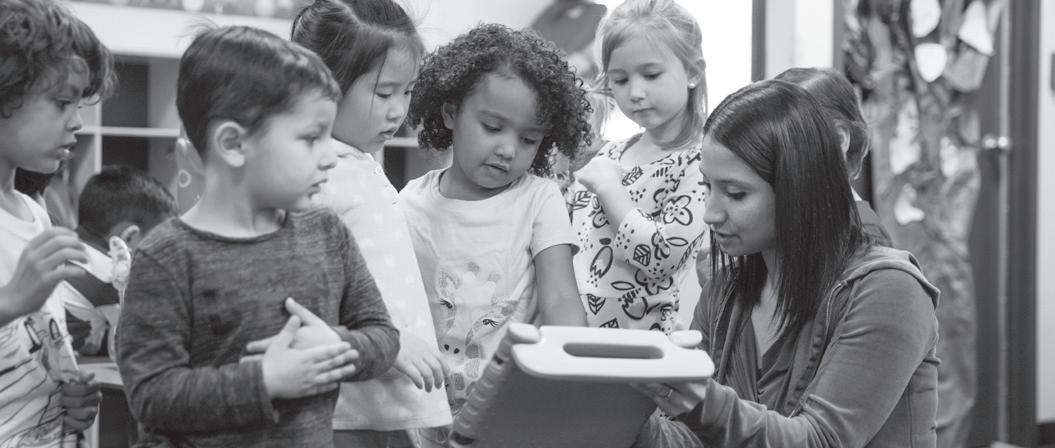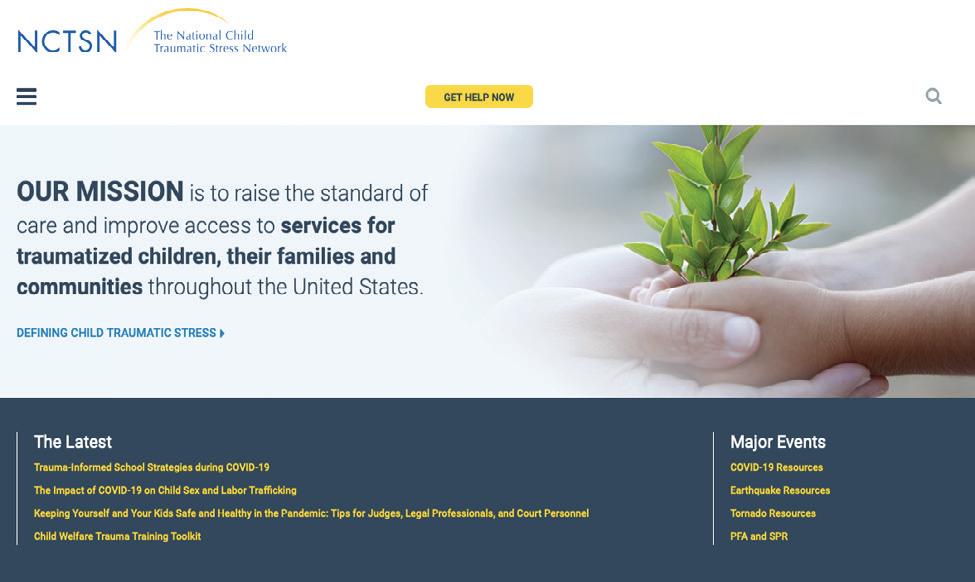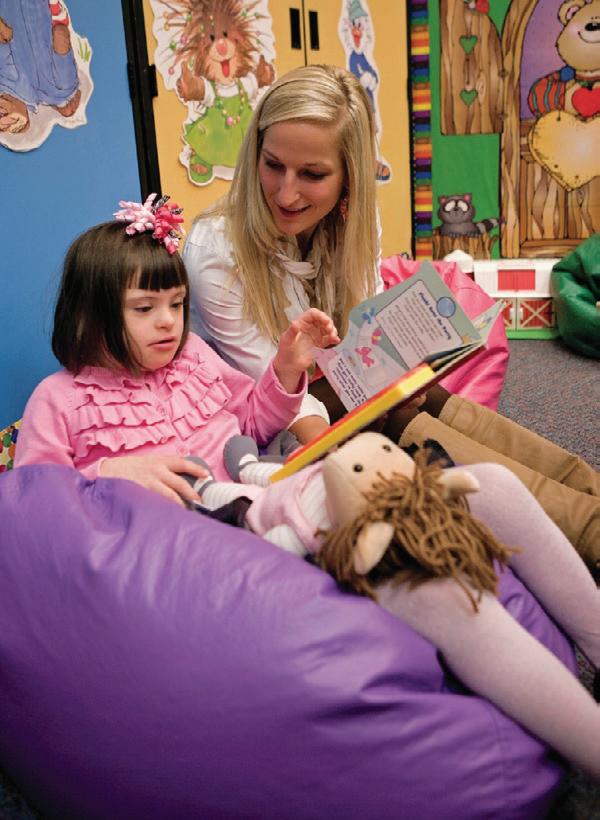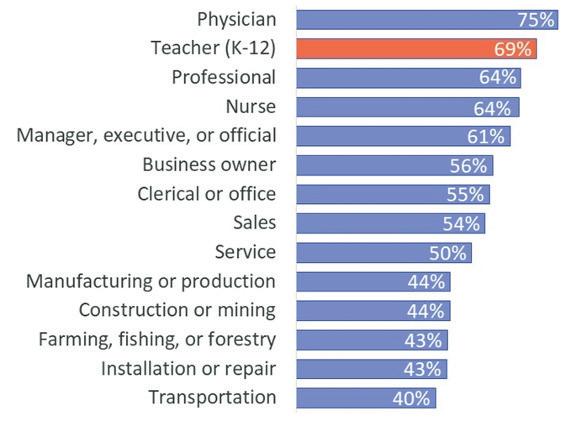Networking and Social Media
Mind Your Ps (and Qs): A Pre-Service Teacher’s Primer for Job Searching During Your Program Dr. Carrie Wall Associate Professor of Teacher Education/Teacher Preparation Program Undergraduate Coordinator, Pepperdine University, California
Y
ou have been accepted into a teacher preparation program and are now entering the classroom as a future teacher instead of a student. Your clinical experiences are significant opportunities to make meaningful connections between theory and practice as well as to hone your emerging skills as a teacher. They also will lead you to something else—job opportunities. As a teacher educator, I urge my teacher candidates to view a 50hour clinical placement as a 50-hour interview: 3,000 minutes to demonstrate their knowledge, their skills, their employability, and their value as an educator to a future employer. Clinical experience hours are not merely tasks to be checked off your teacher preparation “to do” list; they are valuable opportunities to make yourself known, indispensable, and, hopefully, employed. Do not underestimate the power of clinical experiences to forge professional relationships, highlight your employability, and open job possibilities. As you begin your next clinical placement, be sure to mind your Ps (and Qs) by honing the following personal and professional qualities. Job offers are likely to follow.
1. Be Punctual
Arrive exactly when you say you will. Arriving late (especially with a Starbucks cup in your hand) can communicate, “I don’t take teaching seriously.”
2. Be Prompt
Respond promptly to emails, follow through with responsibilities in an expeditious manner, and be a person of your word who can be counted on.
3. Be Polite
From the first contact, communication with your supervising teachers should be respectful and appreciative. Address them as “Mr.,” “Ms.,” or “Dr.” unless they tell you otherwise. Express gratitude for their willingness to host you in their classroom. You are a guest in their learning community, and your behavior should reflect that.
4. Be Professional in speech, behavior and attire
Compose well-worded emails to your supervising teacher, parents, and/or students that include capitals, periods, proper spacing, and unabbreviated words. Save the sloppy texts for your friends. Keep your virtual presence on social media appropriate, even for your mother to see. Maintain professional boundaries with students and fellow teachers. Always behave in a respectful manner. Dress to impress. Though your supervising teacher may dress casually, remember that s/he has a job. You don’t.
5. Be Positive
Embrace all opportunities to learn and grow in your clinical placement. Enthusiastically take on new tasks and put in the extra effort. Assisting at a sporting event, volunteering at a choir concert, or chaperoning a dance demonstrates a concern for students and an interest in being a part of the school’s community.
44 American Association for Employment in Education
6. Be Prepared
On days you are scheduled to teach, carefully prepare your lesson plan, arrive early, have all copies made, and set up technology ahead of time. Demonstrate that you are organized and ready to teach.
7. Be Purposeful
Take notes, ask questions, and be reflective. View your clinical hours as an opportunity to grow and learn as an educator. Make them count. You learn to teach not just by watching others teach, but through the process of your own teaching. Seize all opportunities to teach as much as your supervising teacher will allow.
8. Be Proactive
If you want a teaching job, be intentional about cultivating relationships and gaining exposure to those who do the hiring. If you are excited about an upcoming lesson, invite the department chair or principal to come to your class to see you teach. Be intentional about staying in touch with former supervising teachers so that they will keep you in mind when positions open up. You are more likely to get a job at a school where you are already known and respected than at one where your resume is just one of many in a stack on the Personnel Officer’s desk.
9. Polish your resume
While still in your teacher preparation program, ask, “What can I do now to set myself apart later?” To increase your marketability, consider learning a language, honing a technological skill, or adding an extra authorization in another content area, perhaps in a high need area such as Math, Science, or Special Education. Begin with the end in mind. Think of what you would like to put on your resume, then do what you can now to gain that experience or cultivate that skill.
10. Ponder why you do what you do
As you learn to teach, be sure to reflect on what you believe about the teaching and learning process. Begin to articulate your teaching philosophy and be able to speak about your work. After being in school for 17 years or more, what do you believe about teaching and learning? What is the purpose of education? What should students be taught? How should they be taught? What are the qualities of an effective teacher? What are the conditions under which students learn best? These are questions you most likely will be asked by potential employers. Therefore, wise teacher candidates will articulate and fine tune their teaching philosophy over their years of preparation.
Searching for a job is a task for the present, not just the future. Keep your eyes open. Put your best foot forward. Above all, don’t forget to mind your Ps!




